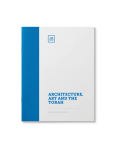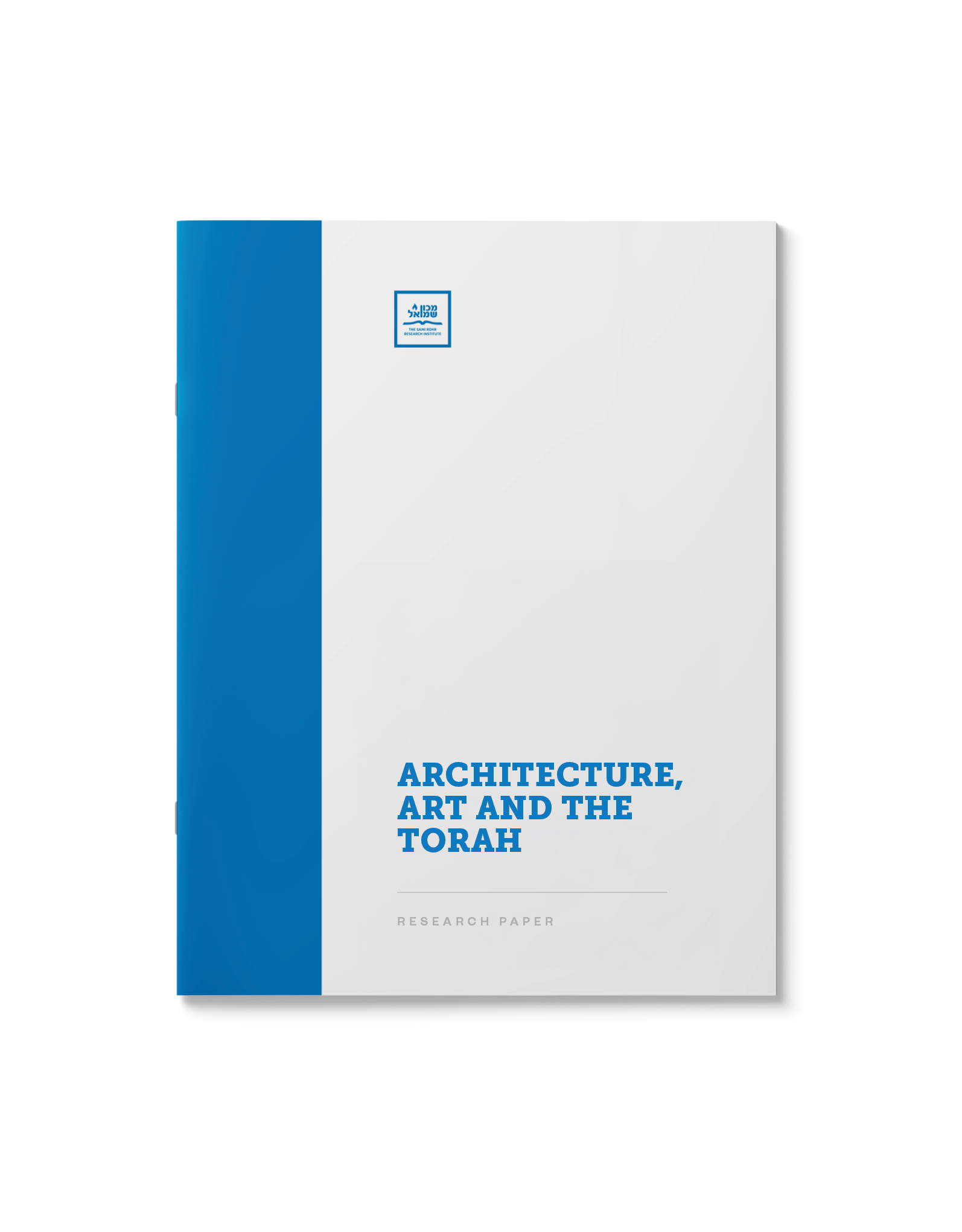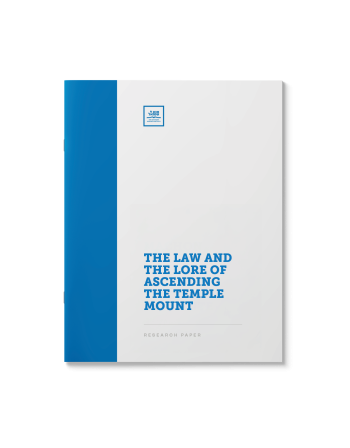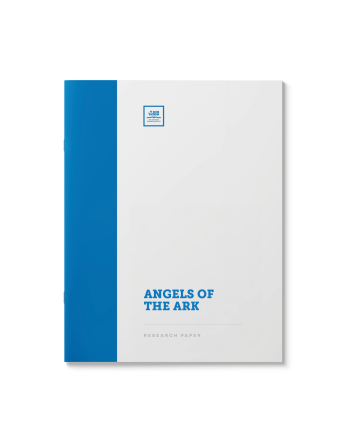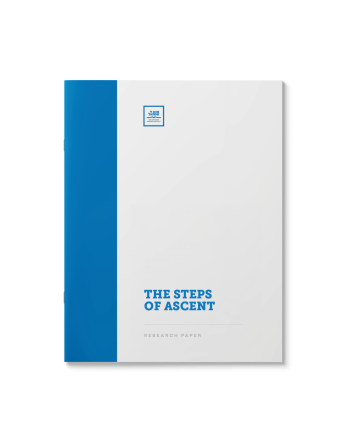Architecture, Art and the Torah
$39.00
Did the design of the Temple edifice bear any theological
themes? If the architect of the Beis Hamikdash had to be of moral character,
why was Herod – a mass murderer – permitted to do so? May a Jew serve as the
architect of a church? What were the Rebbe Rashab’s comments after viewing the
artwork of the Renaissance painter, Raphael?
| Language | English |
|---|---|
| Paper Type | Research Paper |
| Pages | 9 |
Related Products
Once the home of the Beit Hamikdash, the Temple Mount endures as
the holiest place on earth. It has also continued to ignite much passionate
debate in Jewish law. May a Jew climb this sacred mountain? Must he? And if he
does, what must he be aware of?
What did the golden cherubs atop the Ark represent? What was their exact form? And didn’t their existence violate the prohibition against graven images?
The mizbeach was specifically required to have a ramp for the priests, while the menorah had a staircase for the high priest. Why were these two fundamental Temple structures accessed in different ways?


